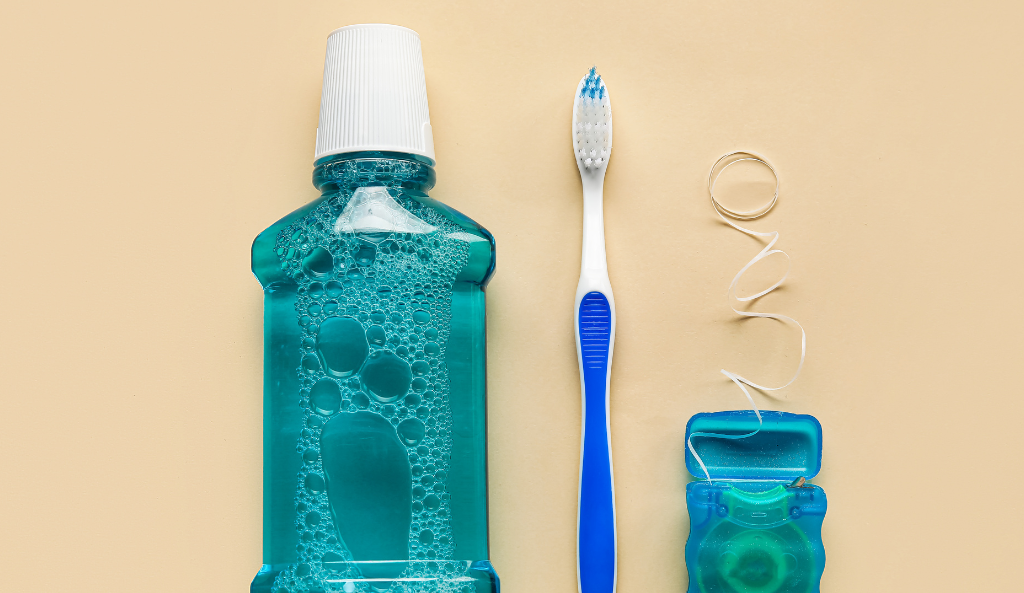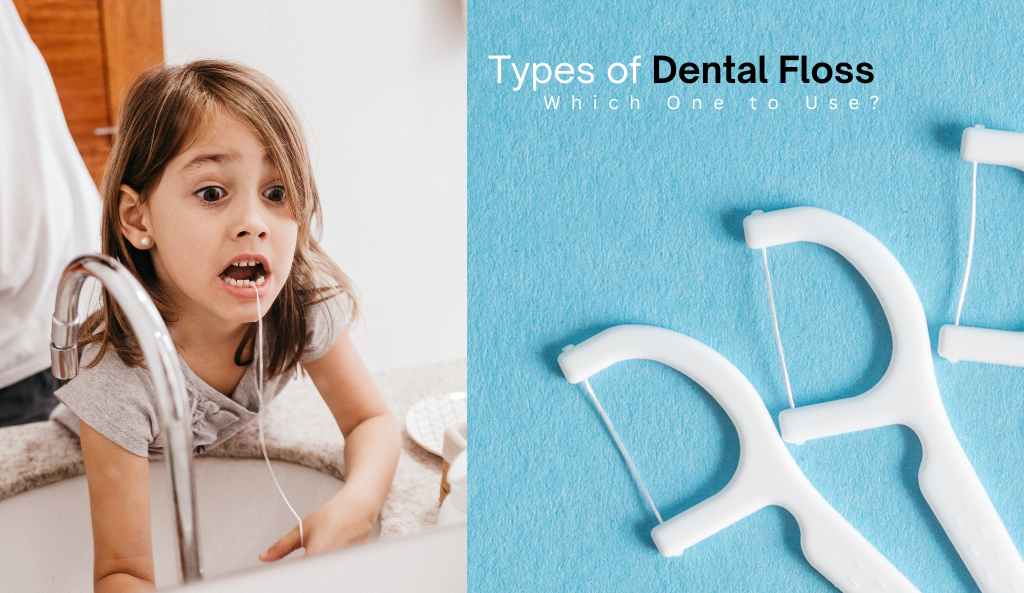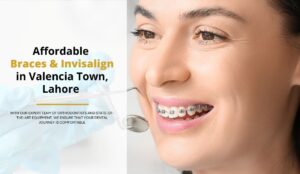Do you brush daily but still struggle with cavities, bad breath, or gum irritation? You might be skipping the most important step—Why Flossing Matters! Regular flossing helps remove plaque, food particles, and bacteria from hard-to-reach areas, preventing gum disease, cavities, and costly dental treatments. At Dentoral Studio, we believe in preventive care for a lifetime of healthy smiles. Whether you’re dealing with bleeding gums, plaque buildup, or just want expert guidance on the best oral hygiene practices, our dental specialists are here to help!
In this guide, we’ll cover:
The importance of flossing and why it’s a must for your oral health
7 powerful benefits you can’t afford to ignore
Expert tips to floss the right way for healthier teeth and gums
Ready to upgrade your oral care routine? Let’s dive in!
Why Is Flossing Important?
Flossing removes plaque and food particles from areas your toothbrush can’t reach—between the teeth and under the gumline. Without proper Why Flossing Matters, plaque buildup can lead to:
✅ Cavities – Hidden food particles turn into plaque, eroding enamel and causing decay.
Gum Disease – Gingivitis (gum inflammation) can progress into periodontitis, leading to gum recession and tooth loss.
Bad Breath – Trapped food particles decompose over time, causing unpleasant odors.
Tartar Build-up – Hardened plaque (tartar) increases the risk of gum infections and decay.
Regular flossing ensures your teeth stay strong and your gums remain healthy, preventing costly dental treatments in the future.
5 Key Benefits of Flossing

1. Prevents Cavities & Tooth Decay
Flossing eliminates plaque buildup between teeth, reducing the risk of cavities and tooth decay. It protects the enamel, ensuring your teeth remain strong for years.
2. Reduces Gum Disease Risk
Gum disease is one of the leading causes of tooth loss. Flossing daily helps prevent gingivitis and periodontitis by removing bacteria before they cause inflammation.
3. Eliminates Bad Breath
Flossing clears out food particles and plaque, preventing bad breath caused by bacteria accumulation.
4. Protects Overall Health
Oral health is linked to overall well-being. Poor oral hygiene has been associated with heart disease, diabetes, and respiratory issues. Flossing daily contributes to better health.
5. Saves You Money on Dental Treatments
Preventative care, like flossing, helps you avoid costly dental procedures such as deep cleanings, fillings, and gum surgeries.
Types of Dental Floss & Which One to Use
Choosing the right dental floss can make the process easier and more effective. Here are the most common options:
🔹 String Floss – Best for those with closely spaced teeth. Available in waxed and unwaxed versions.
Dental Tape – Ideal for people with wider gaps between their teeth.
Floss Picks – Great for those who struggle with traditional flossing.
Water Flossers – A perfect solution for individuals with braces, bridges, or sensitivity.
Soft Picks – Best for people with gum sensitivity or small gaps between their teeth.
Flossing Tips from Dentoral Studio Experts
Use 18 inches of floss – Wrap it around your fingers for better control.
Be gentle – Avoid snapping the floss; glide it gently.
Floss daily – Even skipping one day allows plaque buildup.
Try water flossers – Great for people with braces or sensitive gums.
Expert Insight: Many patients complain that flossing is painful, but that usually means there’s already some gum inflammation. Keep flossing gently, and your gums will get healthier!

What Happens If You Don’t Floss?
Skipping flossing can have serious consequences. Here’s what you might face:
🚨 Bleeding Gums – A sign of gum disease due to plaque buildup.
🚨 Tartar Formation – Hardened plaque that can only be removed by our dentist.
Tooth Loss – Advanced gum disease leads to loose or lost teeth.
Increased Risk of Infection – Bacteria from the mouth can enter the bloodstream, affecting overall health.
Chronic Bad Breath – Food trapped between teeth causes persistent foul breath.
Flossing FAQs
Q: How often should I floss?
A: Ideally, floss at least once a day to maintain healthy teeth and gums.
Q: Can I floss if my gums bleed?
A: Yes! Bleeding gums indicate gum inflammation. Regular flossing can help reduce the problem over time.
Q: Is a water flosser as effective as regular floss?
A: Water flossers are a great alternative, especially for those with braces or sensitive gums, but traditional floss is still the best for removing stubborn plaque.
Q: What’s the best time to floss—before or after brushing?
A: Floss before brushing to remove hidden food particles, allowing toothpaste to work more effectively.
Book an Appointment at Dentoral Studio
If you’re in Lahore and need expert dental care, Dentoral Studio offers the best dental services in Lahore, including professional cleanings, gum treatments, and personalized oral health advice.
📍 Visit us at 4 -P Commercial,Valencia Town, Lahore
📞 Call us now: +92-333-4493858
🌐 Dentoral Studio Website
Take the first step towards a healthier, brighter smile—book your appointment today!

